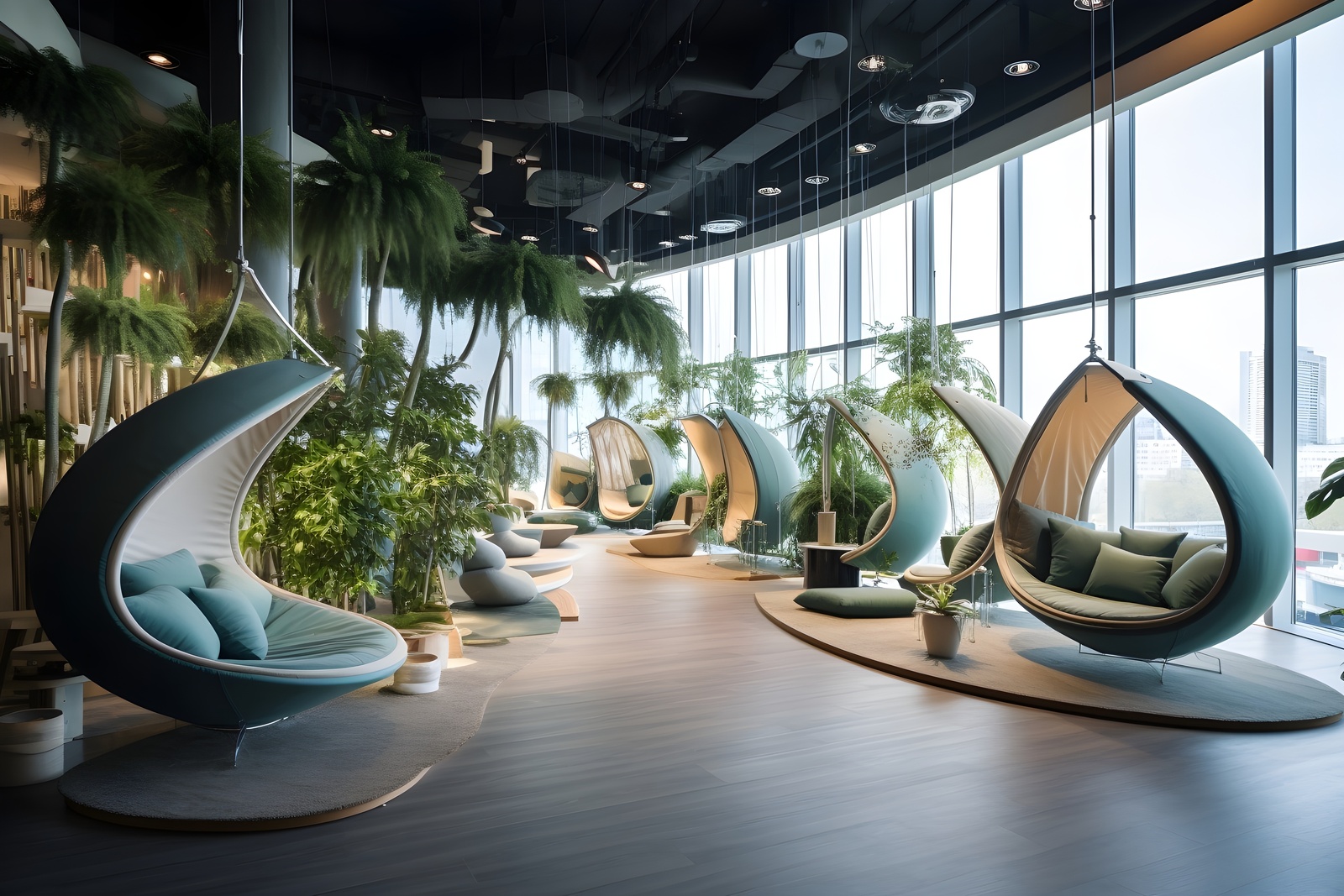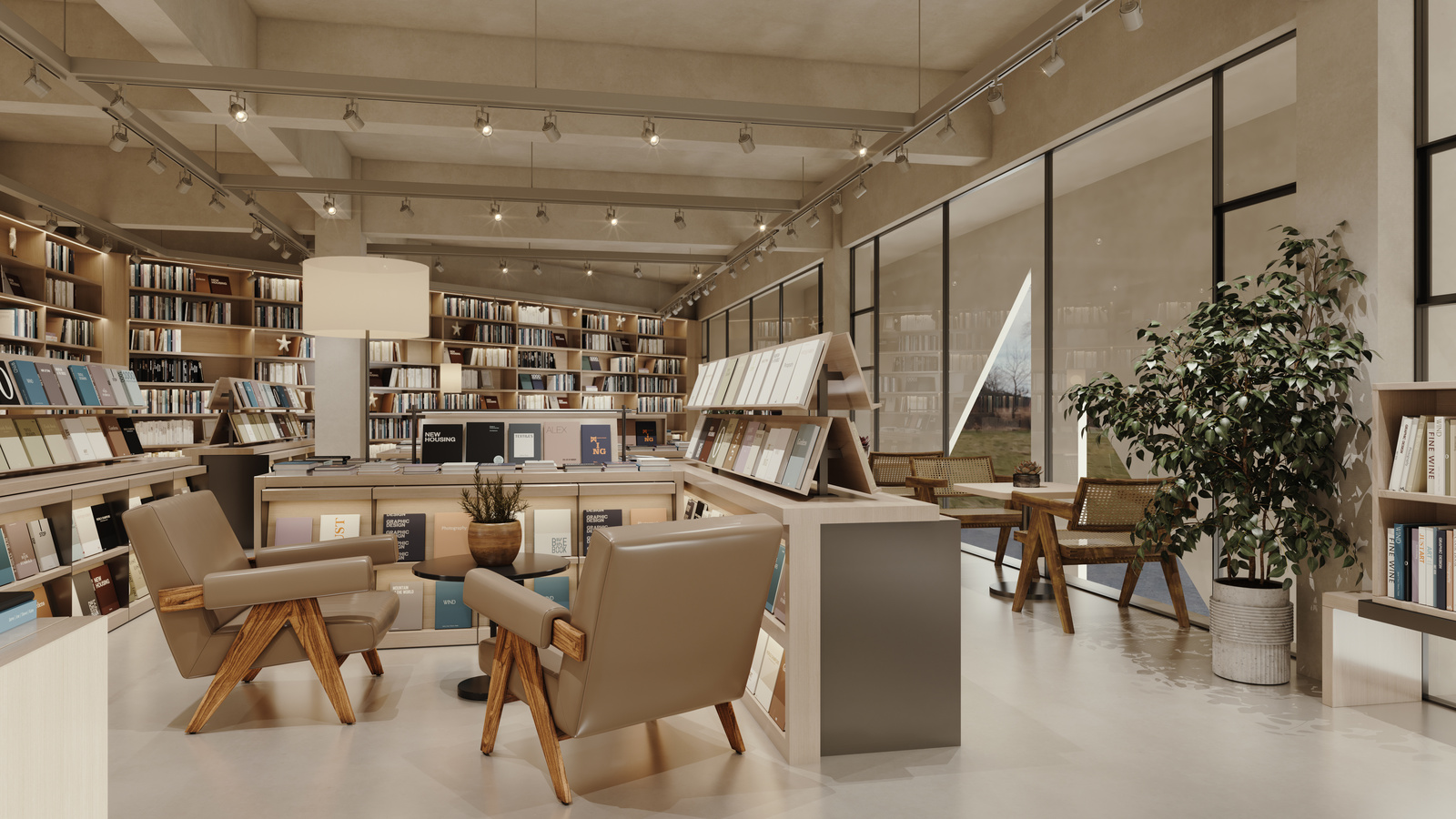
August 1, 2024
Designing Hospitality Spaces that Wow Guests
Table of Contents
-
Understanding Your Brand and Audience
-
Creating a Welcoming Entrance
-
Impressive Reception Areas
-
Functional and Stylish Signage
-
-
Optimizing Layout and Flow
-
Zoning for Different Functions
-
Ensuring Accessibility
-
-
Choosing the Right Aesthetics
-
Color Schemes and Materials
-
Incorporating Art and Decor
-
-
Focusing on Comfort and Functionality
-
Ergonomic Furniture
-
Smart Lighting Solutions
-
-
Leveraging Technology
-
Paying Attention to Details

Understanding Your Brand and Audience
Before embarking on the design of a hospitality space, it is crucial to understand your brand’s identity and target audience. The design should reflect the brand’s values and appeal to its clientele. Are you aiming for a luxurious, upscale ambiance, or a cozy, casual atmosphere? Knowing your audience helps in making design decisions that resonate with them and enhance their experience.

Creating a Welcoming Entrance
Impressive Reception Areas
The reception area is the first point of contact for guests and sets the tone for their entire visit. An impressive reception area should be both visually striking and functional. Consider elements like a stylish front desk, comfortable seating, and captivating artwork. Ensure the space is well-lit and welcoming to make a strong first impression.
Functional and Stylish Signage
Clear and attractive signage is essential in guiding guests through the space. Use signage that aligns with your brand’s aesthetic, whether it’s sleek and modern or classic and elegant. Functional signage not only helps guests navigate but also enhances the overall look of the venue.

Optimizing Layout and Flow
Zoning for Different Functions
Effective zoning within the hospitality space is key to a seamless guest experience. Create distinct areas for dining, lounging, and socializing, ensuring each zone serves its purpose without disrupting others. Thoughtful zoning enhances the functionality of the space and caters to diverse guest needs.
Ensuring Accessibility
Accessibility is a critical aspect of modern hospitality design. Ensure that all areas of your venue are accessible to guests with disabilities. This includes ramps, elevators, wide doorways, and accessible restrooms. An inclusive design not only complies with regulations but also broadens your guest base.
Choosing the Right Aesthetics
Color Schemes and Materials
The choice of colors and materials greatly influences the ambiance of a hospitality space. Opt for color schemes that evoke the desired emotions, such as calm and relaxation or energy and excitement. Use high-quality materials that are both durable and visually appealing. The right combination of colors and materials can create a cohesive and inviting atmosphere.
Incorporating Art and Decor
Art and decor add character and personality to hospitality spaces. Choose pieces that reflect your brand’s story and resonate with your target audience. Whether it’s local artwork, unique sculptures, or themed decor, these elements can create memorable focal points and enhance the overall guest experience.

Focusing on Comfort and Functionality
Ergonomic Furniture
Comfortable and ergonomic furniture is essential in hospitality design. Guests should feel relaxed and at ease whether they are dining, working, or lounging. Invest in high-quality chairs, sofas, and tables that offer both comfort and style. Ergonomic furniture not only improves guest satisfaction but also encourages longer stays and repeat visits.
Smart Lighting Solutions
Lighting plays a crucial role in setting the mood and functionality of hospitality spaces. Use a mix of ambient, task, and accent lighting to create a balanced and inviting atmosphere. Smart lighting solutions, such as dimmable lights and motion sensors, can enhance the guest experience and improve energy efficiency.
Leveraging Technology
Incorporating technology into hospitality design can significantly enhance the guest experience. Consider features such as free Wi-Fi, charging stations, and smart room controls for temperature and lighting. Technology can streamline operations and provide guests with modern conveniences that enhance their stay.
Paying Attention to Details
Attention to detail can elevate a hospitality space from good to exceptional. This includes everything from high-quality linens and toiletries in guest rooms to unique table settings in dining areas. Thoughtful details show guests that you care about their experience and contribute to a memorable stay.



